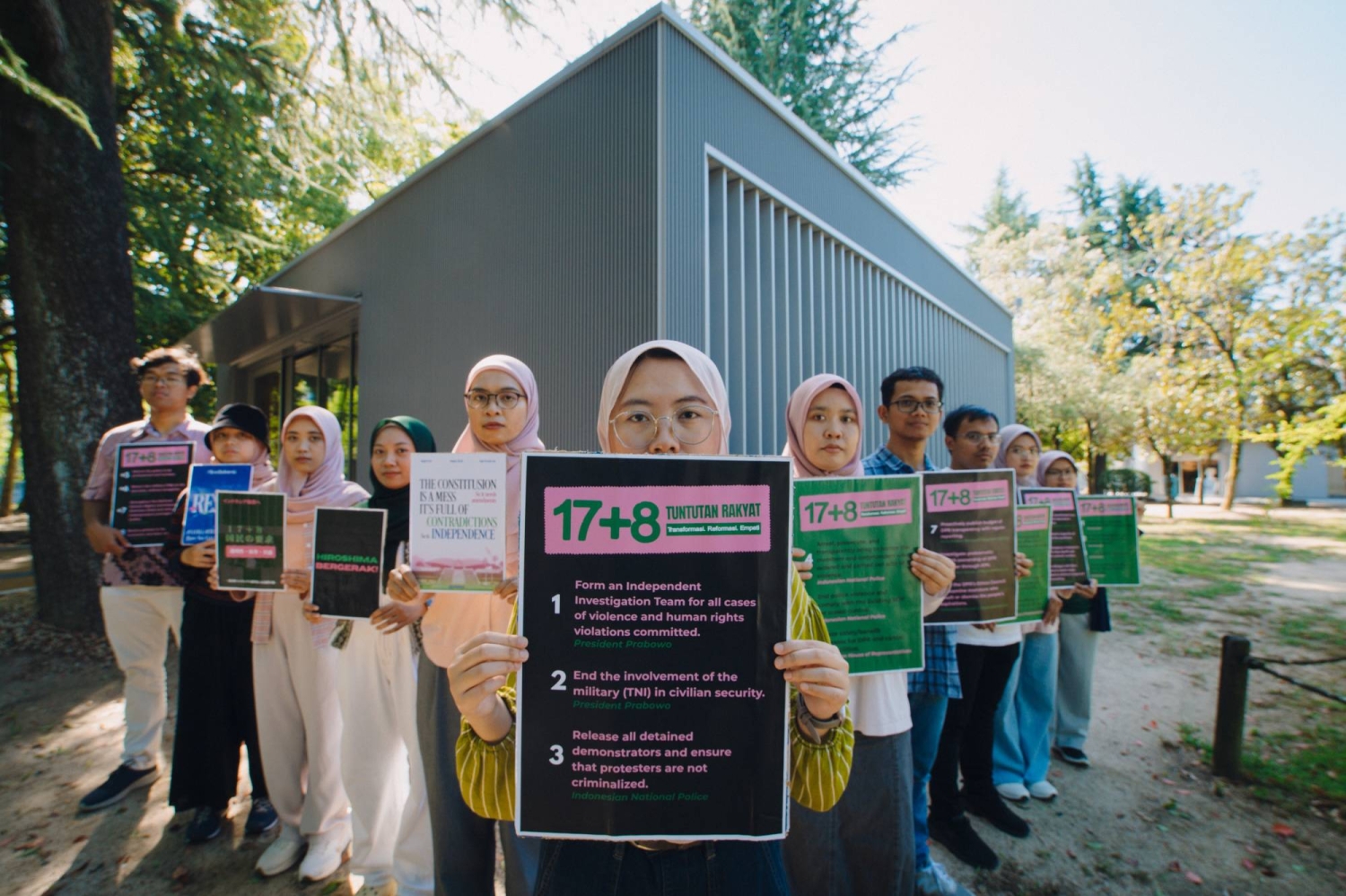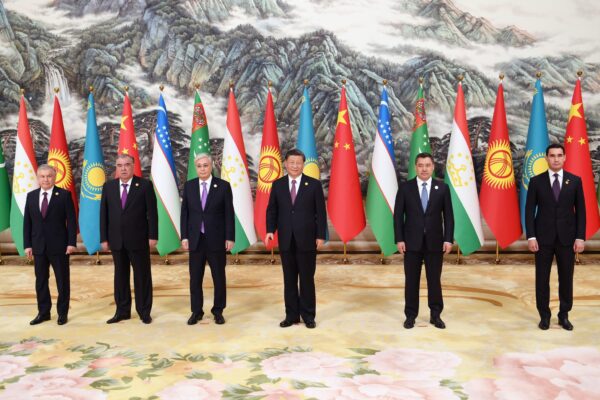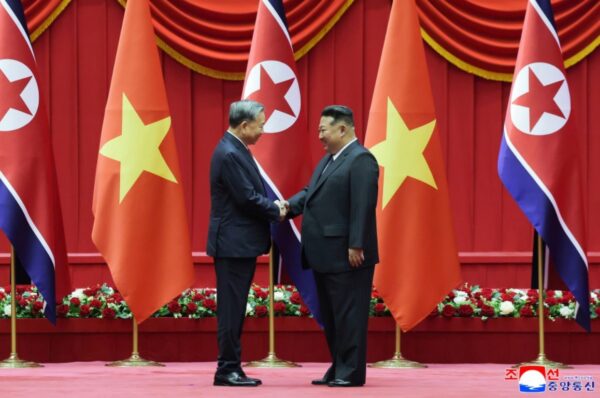PROTECT YOUR DNA WITH QUANTUM TECHNOLOGY
Orgo-Life the new way to the future Advertising by AdpathwayPeace talks between Pakistan and the Taliban, the de facto rulers of Afghanistan, failed in Istanbul after four days. Both sides accused the other of sabotaging the negotiations aimed at resolving their ongoing bilateral issues, which have led to border skirmishes and airstrikes.
Pakistani Information Minister Attaullah Tarar said that the talks failed due to a refusal by the Taliban to act against terror groups involved in attacks in Pakistan. Afghan media claimed that the Pakistani delegation walked away from the negotiating table after some of its demands were not accepted and described its behavior as undiplomatic.
This marks a new low in relations between the two. Pakistan had upgraded its diplomatic ties with the Taliban in May 2025, suggesting a better trajectory for relations that has not come to fruition.
When the Taliban took control of Kabul in 2021, many in Pakistan were jubilant over their victory. However, the bonhomie between the two did not last long.
Islamabad accuses the Taliban of harboring anti-Pakistan terror groups – mainly the Tehreek-e-Taliban Pakistan (TTP) and the Balochistan Liberation Army (BLA). On October 10, the Taliban accused Pakistan of violating Afghanistan’s sovereign territory after two loud blasts were heard in Kabul on the night of October 9. The Taliban’s Defense Ministry said that a civilian market in Afghanistan’s southeast border province of Paktika was attacked, and described the attack as an “unprecedented, violent, and provocative act.” Pakistan’s government neither confirmed nor denied the accusation.
Following the accusation, an attack on Pakistan was launched from Afghanistan the following day, on the night of October 11. The Taliban confirmed that attacks were carried out on Pakistani troops in various locations on the northern border, claiming to have killed 58 Pakistani military personnel – an attack they called “an act of retaliation.”
Pakistan contradicted the stated figure and said that 23 of its military personnel had died. It also claimed that “200 Taliban and affiliated terrorists have been neutralized.” Both sides claimed to have only attacked military targets and denied any attacks on civilians. Noor Wali Mehsud, the TTP chief, was allegedly targeted and (according to some reports) killed by a Pakistani strike in Kabul – a claim the Taliban denied, adding that Mehsud was neither in Kabul nor anywhere else in Afghanistan. The TTP said its leader was alive.
After more than a week of cross-border attacks and a weak ceasefire on October 15, Qatar’s Ministry of Foreign Affairs announced on October 19 that Afghanistan and Pakistan had “agreed to an immediate ceasefire and the establishment of mechanisms to consolidate lasting peace and stability between the two countries” in a round of negotiations mediated by Turkiye and Qatar.
Following the ceasefire statement from one of the mediators, Khawaja Asif, Pakistan’s defense minister, said, “Cross-border terrorism from Afghan territory will cease immediately,” adding that “both countries will respect each other’s sovereignty and territorial integrity.” He also confirmed that delegations from Afghanistan and Pakistan would meet in Istanbul on October 25 to further discuss matters.
After four days of dialogue in Turkiye, however, the two sides left the negotiating table without agreeing to a peace deal.
Tarar, Pakistan’s information minister, confirmed in a post on X that the dialogue has “failed to bring about any workable solution.” He continued:
Over the last four days of dialogue, the Afghan Taliban delegation repeatedly agreed to Pakistan’s logical and legitimate demand for credible and decisive action against these organizations and terrorists. Sufficient and irrefutable evidence was provided by Pakistan, which was acknowledged by the Afghan Taliban and the hosts; however, regrettably, the Afghan side gave no assurances.
Blaming the Taliban delegation, he said, “The Afghan side kept deviating from the core issue, evading the key point upon which the dialogue process was initiated. Instead of accepting any responsibility, the Afghan Taliban resorted to blame game, deflection, and ruses.”
Afghanistan’s Tolo News reported that sources familiar with the matter said that the talks were effectively halted after the Pakistani delegation walked away from the negotiating table after “certain demands” were opposed. The outlet further said that the talks broke down after disagreements over several final clauses. Tolo News highlighted that the Taliban delegation “reiterated its commitment to preventing the use of Afghan soil against Pakistan, but in return asked Islamabad to stop violating Afghan airspace and prevent U.S. drone flights,” a request said Pakistan allegedly refused to accept.
Responding to Pakistan’s demand that Afghanistan officially designate the TTP as a terrorist group, Mullah Mohammad Yaqoob, the Taliban’s defense minister, said, “Pakistan and other countries use the label of terrorism for political purposes against their opponents.” Thus, the peace deal between the two could not be reached.
Pakistan’s defense minister resorted to harsh language after the failed talks and threateningly said in a post on X:
Let me assure them that Pakistan does not require to employ even a fraction of its full arsenal to completely obliterate the Taliban regime and push them back to the caves for hiding. If they wish so, the repeat of the scenes of their rout at Tora Bora with their tails between the legs would surely be a spectacle to watch for the people of the region.
He accused the Taliban of using the conflict as a means to remain in power in Afghanistan and said, “Despite fully knowing their inherent limitations and hollowness of their war cries, they are beating the war drums to maintain their crumbling facade.” Warning the Taliban leadership against allowing the use of Afghanistan’s soil for terrorist attacks inside Pakistan, he concluded, “Pakistan shall give you the bitter taste of such misadventures… test our resolve and capabilities, if you wish so, at your own peril and doom.”
A day before the conclusion of the peace talks, the Taliban Interior Ministry responded to Khawaja Asif’s threat of “open war” by saying that they would give a “decisive and power response” to any Pakistani attack. Abdul Matin Qane, spokesperson for the Taliban’s Interior Ministry, said that “the Taliban have never bowed to any force,” plausibly referring to their fight against the Soviet Union and the U.S. and its allied forces.
Despite efforts by Qatar and Turkiye, peace negotiations between Pakistan and Afghanistan have not reached a conclusion. Both parties accuse the other of lacking flexibility. Pakistan insists that Afghanistan must prevent its territory from being used as a safe haven for terrorist organizations, mainly the TTP, that target Pakistan. Afghanistan, meanwhile, demands that Pakistan stop drone strikes on its soil. A Pakistani delegate reportedly admitted to such strikes during the peace talks in Istanbul, saying that Pakistan has “an agreement with a foreign country allowing drone strikes, and that it cannot prevent such strikes because breaking the agreement is not possible.” Meanwhile, the Taliban claim that the TTP is an internal Pakistani matter and that it has no presence in Afghanistan.
Mistrust looms over the relationship between the former allies, and peace remains a distant dream both in Afghanistan and Pakistan, which could have grave security repercussions not only for both countries but also for the region.
Amid this deepening mistrust, China, as a neighbor and ally to both countries, is deeply concerned. Chinese Foreign Ministry Spokesperson Lin Jian said, “Recently, conflicts have occurred between Pakistan and Afghanistan, leading to tense relations, which we are deeply concerned about.” He further said that “China sincerely hopes that both countries will focus on the broader picture, remain calm and restrained, adhere to resolving mutual concerns through dialogue and consultation, avoid escalating conflicts, and jointly maintain peace and stability in both countries and the region.”
He added that “China is willing to continue playing a constructive role in promoting the improvement and development of Pakistan-Afghanistan relations.”
Given the role that China played in bringing both sides closer, particularly during the last few months, Beijing’s concerns are warranted. On May 30, Pakistan upgraded its diplomatic relations with the Taliban, reportedly after Chinese mediation, indicating that Afghanistan-Pakistan relations would move on a positive trajectory. However, in a matter of a few months, relations between the two have reached a new low, with negotiations failing to reach a peace deal. In this context, the burden falls on China’s shoulders, which in the recent past showed a willingness to work with both to help resolve their issues.
In August, during a trilateral foreign ministers dialogue in Kabul, Wang Yi, the Chinese foreign minister, said that “China is ready to work with Afghanistan and Pakistan to deepen good-neighborliness and mutual trust [and] render mutual understanding and support on issues concerning each other’s core interests.” He also said that China would “firmly oppose interference by any external forces in the region, as well as any organization or individual engaging in acts within their countries that undermine the national sovereignty, security and territorial integrity of the other sides.”
Due to its longstanding strategic partnership with Pakistan and its engagement with Afghanistan, China can play a greater role in this regard. Beijing has been economically and diplomatically engaged with the Taliban regime and has become the largest investor in Afghanistan. It is in an ideal position to bring both sides to the negotiating table and conclude a peace deal.
The TTP and BLA are common concerns of Pakistan as well as of China, as they could ruin the prospects of the China-Pakistan Economic Corridor (CPEC), a project under the Belt and Road Initiative (BRI), which is already faced with long delays. At the same time, China is also concerned about any foreign forces in its neighborhood that could challenge its sovereignty. It is high time that Beijing stepped up and played a role in bringing about peace between Pakistan and Afghanistan.


 1 day ago
1
1 day ago
1






















 English (US) ·
English (US) ·  French (CA) ·
French (CA) ·  French (FR) ·
French (FR) ·